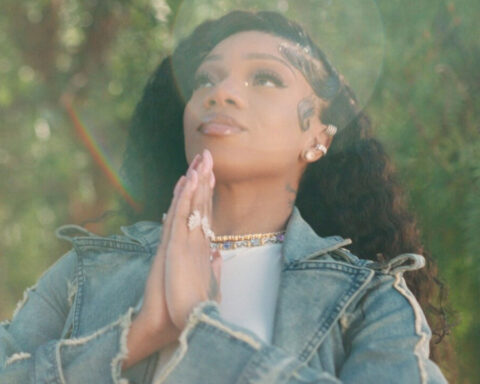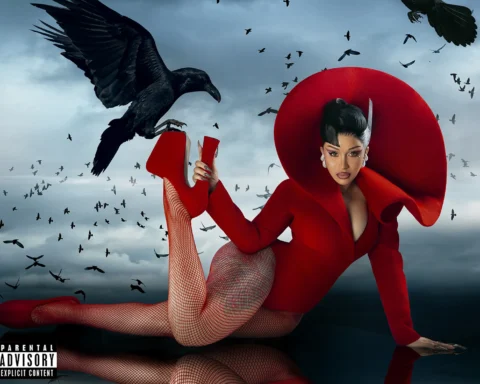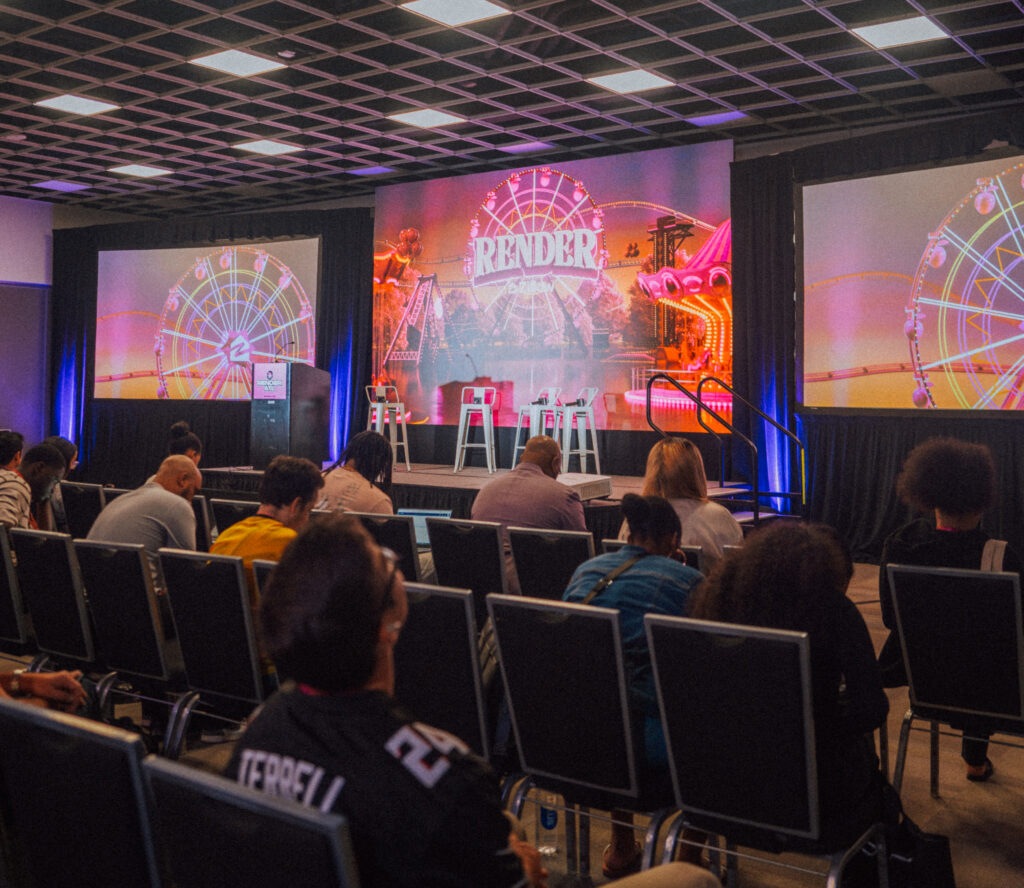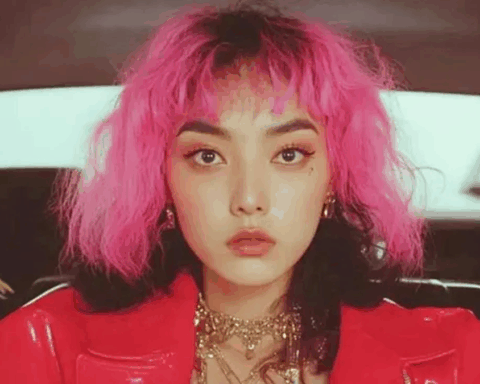Tyler Perry’s Straw has the internet divided—again.
Some call it quietly brilliant. Others couldn’t finish it. But one thing is clear: Black audiences, especially Black women, are tired of being served the same plate of pain, trauma, and perseverance with little else on the menu.
We’re tired.
Tired of seeing ourselves only when we’re suffering. Tired of trauma being the entry point and the entire arc. Tired of strong Black womanhood being the story, the burden, the brand.
And while Straw aims to unpack mental health in a subtle, introspective way—one that lingers in silences and stares—it doesn’t quite escape the formula Tyler Perry is known for: Black woman breaks down, holds it in, keeps going.
It’s not that the message isn’t important. It is. Black mental health deserves nuanced, expansive storytelling. The quiet unraveling depicted in Straw is all too familiar for those who’ve had to hold it together too long. The film doesn’t over-explain or tie things up neatly, and in that restraint, it captures something real: the exhaustion of performing stability while battling despair.
But that truth lives in tension with another one: we need more stories of Black women thriving, laughing, dreaming, rebuilding—not just breaking.
When the only stories being greenlit show us on the edge, it starts to feel like a ceiling. Like a loop we can’t write ourselves out of. Like Black pain is profitable, and Black healing is an afterthought.
It’s not a perfect film. Some scenes drag. Some dialogue feels thin. But beneath that, Straw is doing something braver than most blockbusters: it sits in discomfort. It doesn’t try to rescue the audience with resolution or clarity. It just tells the truth in a quiet, human way—and invites you to sit with it, too.
Still, Straw invites a necessary pause. It shows that mental health doesn’t always look like chaos. Sometimes it looks like numbness. Like silence. Like going through the motions until the weight gets too loud to ignore. And for that, it deserves some credit—even if the execution isn’t perfect, and the framing is growing tired.
We just want more. We deserve more.
More joy. More triumph. More ease.
Because while it’s powerful to see our struggles taken seriously, it’s even more powerful to see our light.
So if you watch it, go in with patience. Don’t look for a plot twist. Look for yourself, in the pauses. In the parts that don’t know how to move forward just yet. In the parts that stay.
Sometimes the art that leaves you the most unsure is the art that needed to be made.











